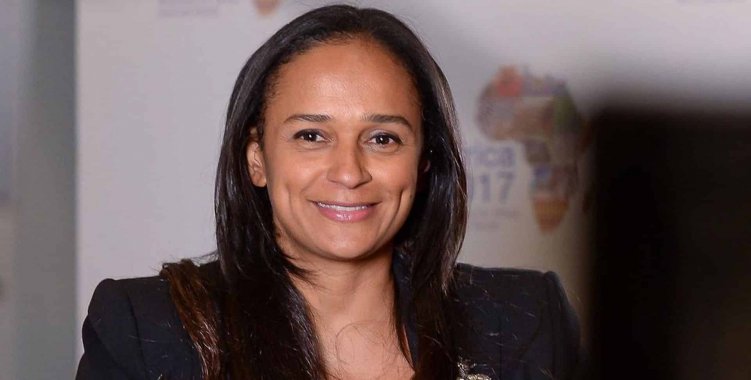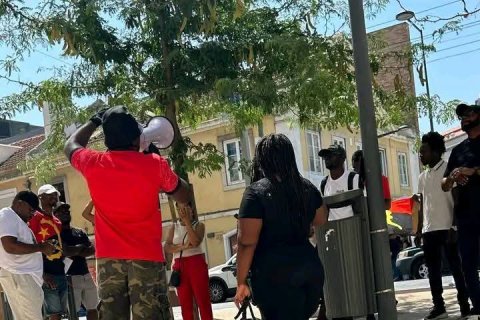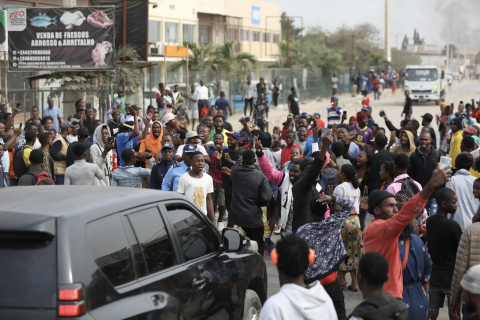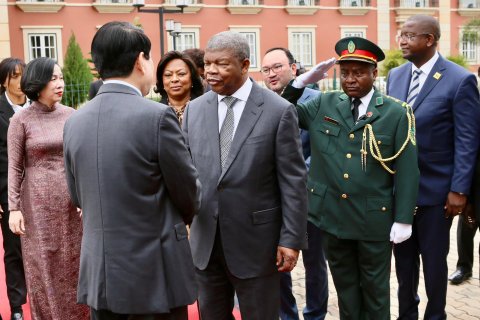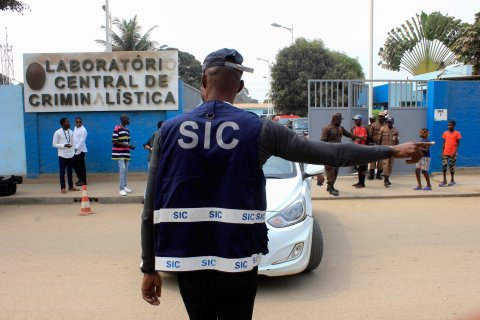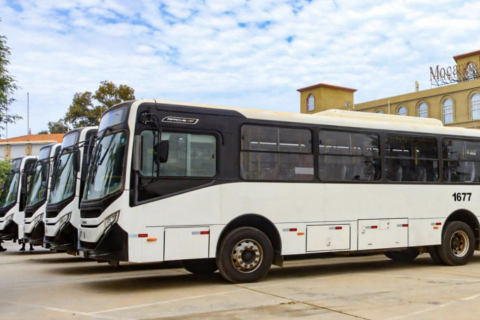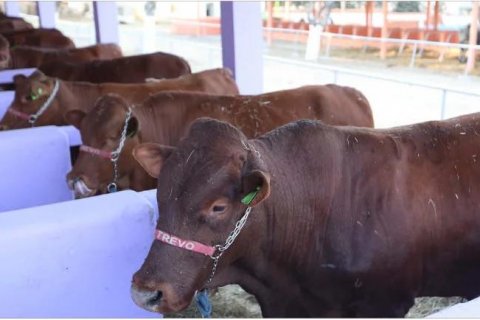“I don't see her as my political rival. Political persecution? An opponent is pursued and the opponents of the MPLA are known”, says the chief executive.
The businesswoman and eldest daughter of former president José Eduardo dos Santos is in the sights of justice in several countries, under accusations of corruption and embezzlement, with the Angolan authorities requesting, six months ago, Interpol's help to locate and provisionally arrest Isabel dos Santos, without further developments in the case being known.
“Let Interpol do its job. It is often said that justice is sometimes slow to act, we trust Interpol’s suitability and ability to fulfill its role”, says João Lourenço, adding that “there are procedures to be followed”, so it is necessary to “wait patiently for the outcome ”.
The chief executive refutes allegations of political persecution, as the businesswoman has complained, stressing that there are many citizens who are grappling with justice and Isabel's case "is just one more".
As for the case relating to the former vice-president of Angola, Manuel Vicente, João Lourenço stresses that it was “a case of sovereignty” and that it was not Angola that caused what became known as “annoying” between the two countries.
“It was the Portuguese judicial authorities who decided to take a ruler of that caliber to the [Portuguese] courts. I am not imagining Angola having the audacity, for example, to take José Sócrates to court if, eventually, he had committed some crime in Angola. Fortunately, the outcome was good (…) if it had taken longer, it might have left wounds, but I must assure you that it didn't leave any”, he comments.
The Portuguese Public Prosecutor's Office charged Manuel Vicente with crimes of active corruption, money laundering and document forgery, a process that was sent in 2018 to Angola, but which has been dragging on, according to the attorney general, Helder Pitta Grós, due to immunity enjoyed by the former vice-president.
João Lourenço prefers not to comment on the case, which "is in court", but hopes that the judicial bodies will do "the part that is their responsibility", refusing to address the relationship he currently maintains with the former strongman of Sonangol, since he is “absorbed 24 hours a day” with state affairs.
Asked about his relationship with Álvaro Sobrinho, a Portuguese-Angolan businessman and former director of Banco Espírito Santo in Lisbon and BES Angola bank (BESA), he stressed that he needs to have reasons to stop having relationships with people.
"He was not judged, he was not convicted, if he appears here I will not turn my back on him for sure, until proven otherwise he is a free citizen", he replied, saying that it is the justice that has to pronounce on BESA, as for the other cases.
“In Europe, it is not normal for heads of state to be asked to account for cases of corruption, nobody asks President Marcelo about the Jose Sócrates case. However, sometimes it is understood that in Africa it is different, particularly in Angola”, he contests, stating that “this type of differentiated treatment is not fair”.
As for the fight against corruption, he recognizes that, despite efforts, this problem will not disappear and recalls that he has only been at the forefront of the country for just over five years, which is about to celebrate the 50th anniversary of independence.
“You can't expect to end corruption in five years, I don't even know if any country has ended, in the true sense of the word, corruption. There are all over the world”, he noted, stressing that the problem “is not that there is corruption, it is that there is impunity”.

